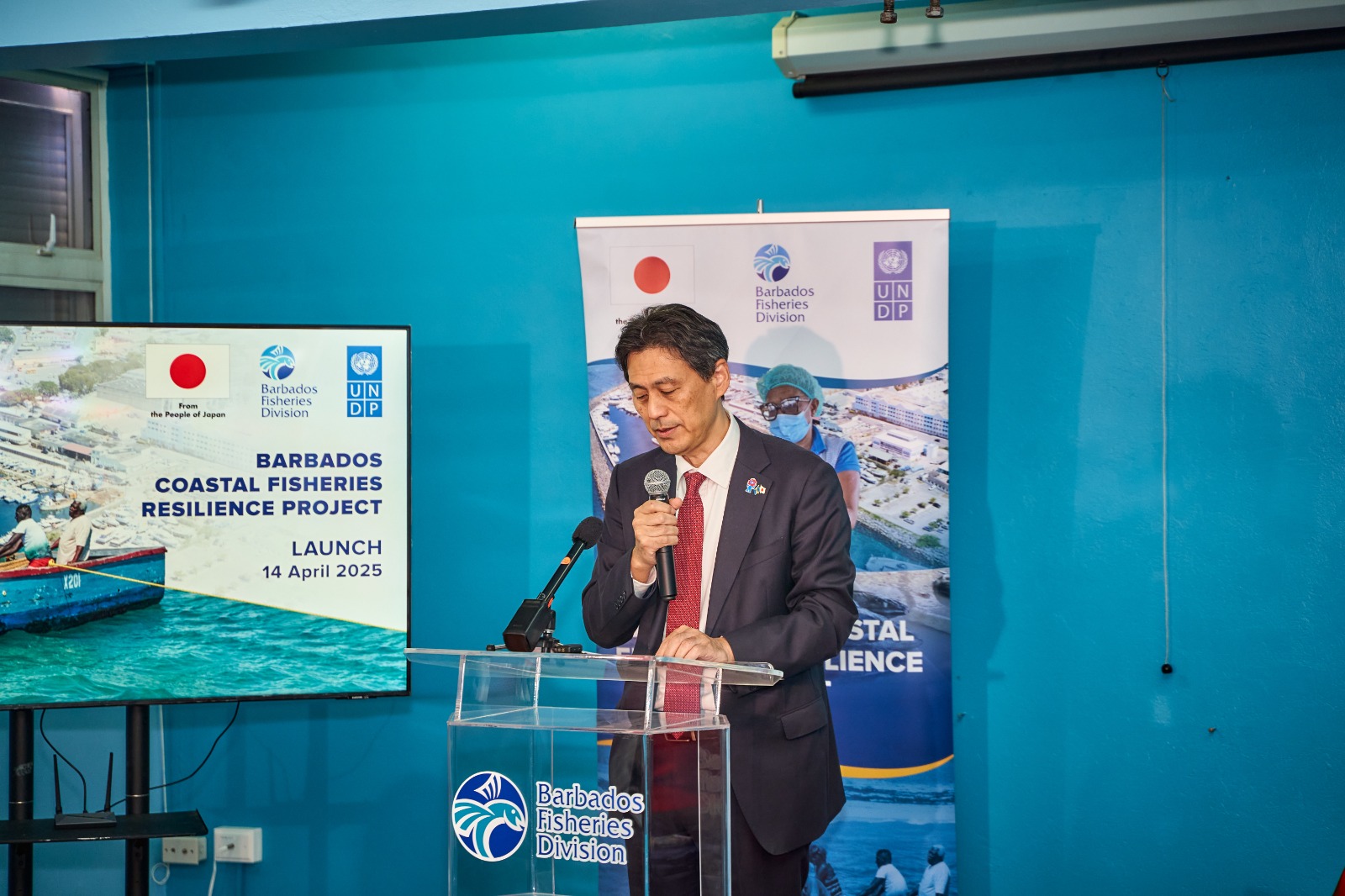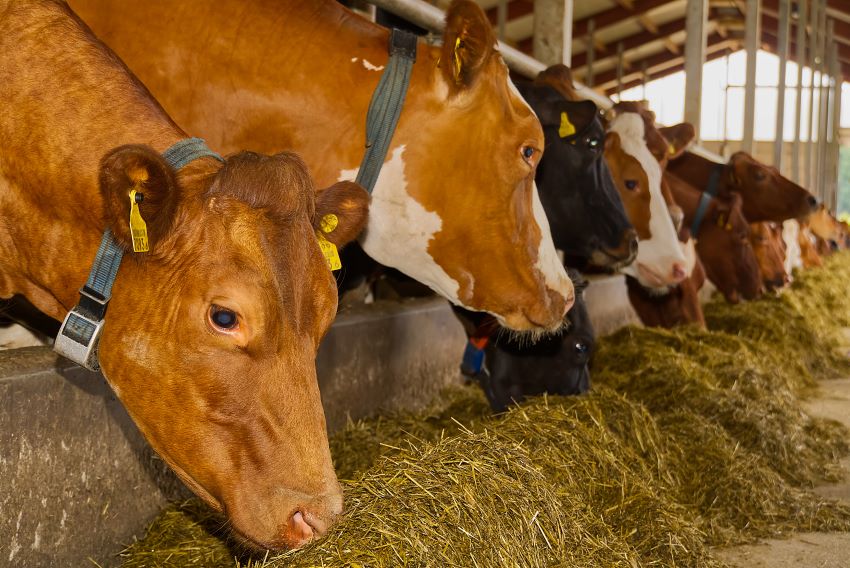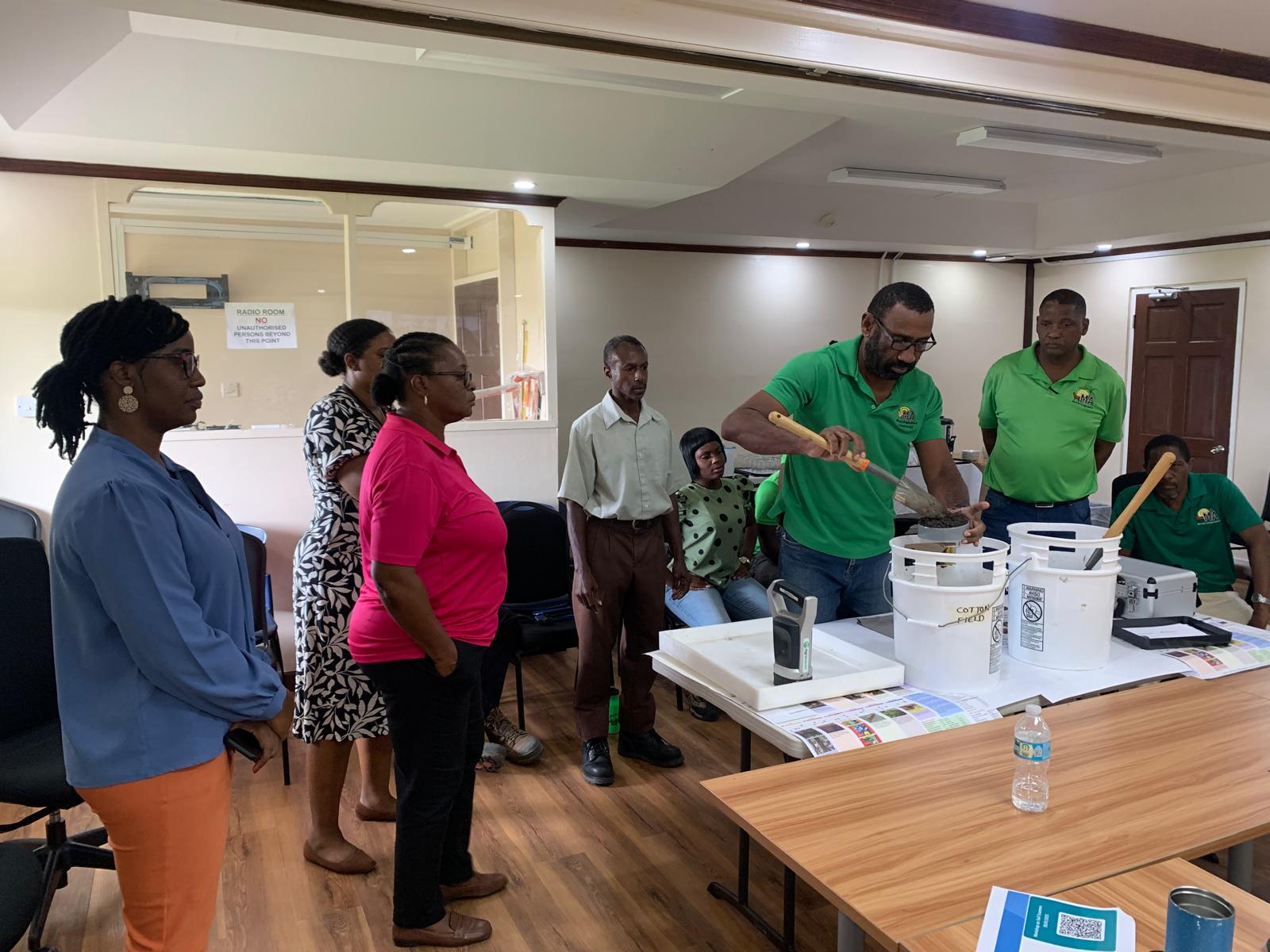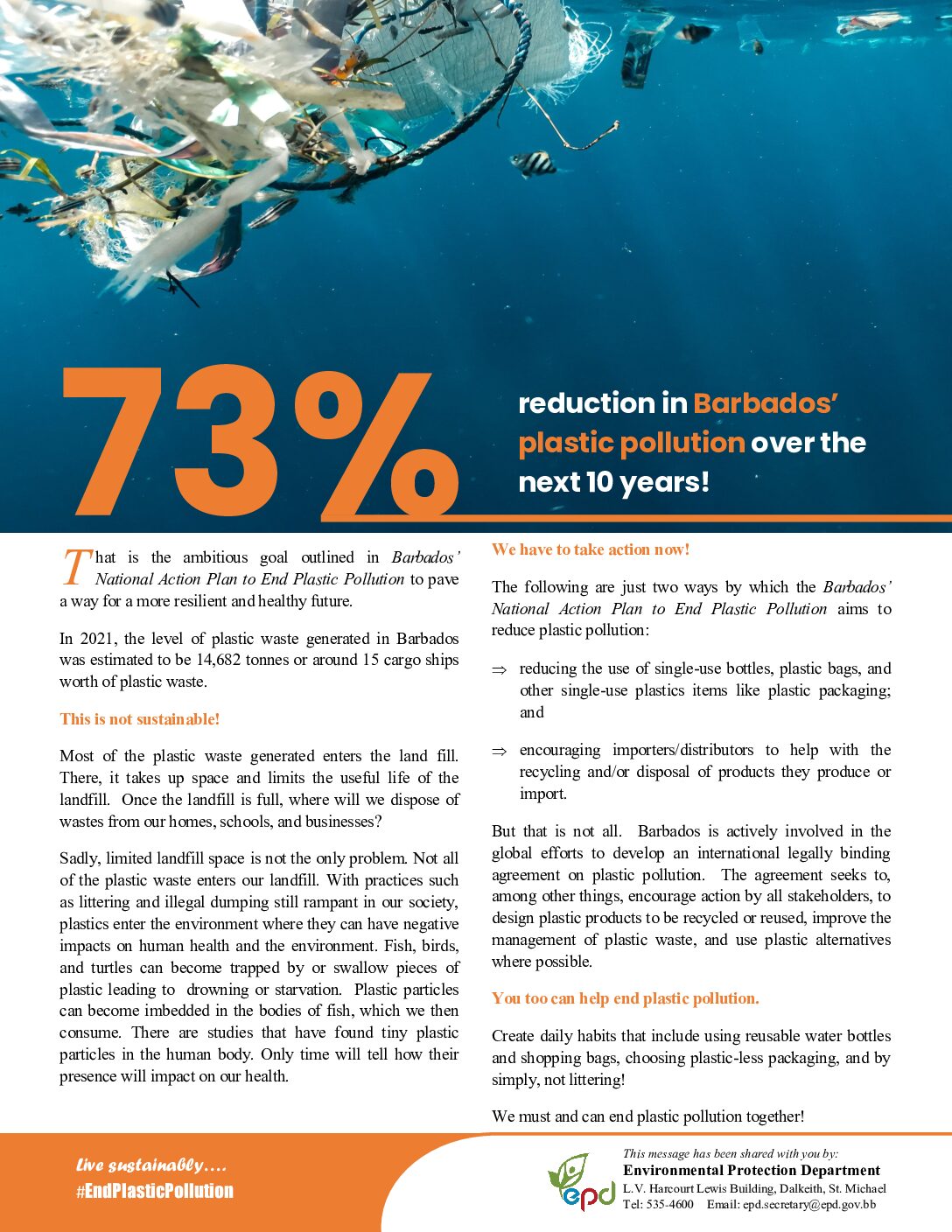The weather phenomenon has had severe effects on agriculture, threatening food security and the livelihoods of small producers.
The Food and Agriculture Organization of the United Nations (FAO), as part of the United Nations Emergency Technical Teams (UNETT), is deployed in the areas affected by Hurricane Beryl in the Caribbean to advance rapid needs assessment and preparation of proposals, under the leadership of the Caribbean Disaster Emergency Management Agency (CDEMA), to restore production and livelihoods.
FAO is supporting through damage and needs assessment using drones and satellite remote sensing. This information includes ground-level data collection through surveys and key informant interviews. All of this will guide response and recovery planning. Through the Ministries of Agriculture and CDEMA, governments continue to assess the full extent of damage caused.
According to the assessments carried out so far, the primary humanitarian needs for the food security sector are focused on restoring the fishing capacity of artisanal fishermen and actors involved in the value chain, including processing, conservation, and transformation equipment and infrastructure; providing planting materials to recover affected crops as well as inputs for short-cycle crops that serve as an alternative source of food and income; cash transfers and other mechanisms so that the most vulnerable fishermen and farmers can access basic needs; and food assistance for the affected population.
Preliminary indications are that approximately 60,000 people require humanitarian assistance in Grenada, St. Vincent, and the Grenadines. Loss of fishing capacity, including damage to vessels, support infrastructure, and fishing equipment, and damage to crops and livestock, have been reported.
Agriculture in Jamaica has also suffered damage, with preliminary assessments indicating that several crops have been affected. Access to rural areas remains a challenge, and authorities estimate over US$6.4 million in damage to the agricultural sector, raising concerns about food security and livelihoods. Damaged crops include vegetables and fruits, which are sources of food on the island. In addition, the livestock and fisheries sectors have also experienced considerable damage.
FAO immediately mobilized technical assistance through its Special Fund for Emergency and Rehabilitation Activities (SFERA) to support its coordination and response capacities in the affected countries. This includes the recruitment and rapid deployment of staff, field missions, logistics, partnerships, resource mobilization, and technical assistance activities.
Mario Lubetkin, FAO Assistant Director-General and Regional Representative for Latin America and the Caribbean, said: “We at FAO express our commitment to the Caribbean countries and reiterate our support for mobilizing international cooperation for the response and the recovery of agricultural, livestock, and fisheries production in the affected countries.”
In addition, with the United Nations Office for the Coordination of Humanitarian Affairs (UN-OCHA), FAO is working on a response plan that includes the needs identified, highlighting the needs of producers and fishermen. This approach seeks to mobilize international attention on the need to support rapid response in a region where the hurricane season is expected to be very intense.
To date, the Ministries of Agriculture of St. Vincent and the Grenadines and Grenada have officially requested FAO to support the recovery of their food production systems through emergency agricultural interventions critical to safeguarding the lives and livelihoods of the most vulnerable. Requests for assistance include the distribution of seeds, fertilizers, fishing inputs, repair of boats and critical processing, preservation and transformation infrastructure, and support for subsistence livestock farming, among others. (PR)


 Local1 week ago
Local1 week ago
 International3 weeks ago
International3 weeks ago
 Tourism2 weeks ago
Tourism2 weeks ago
 Business3 weeks ago
Business3 weeks ago
 Sports1 week ago
Sports1 week ago
 Government2 weeks ago
Government2 weeks ago
 Local3 weeks ago
Local3 weeks ago
 International3 weeks ago
International3 weeks ago
























